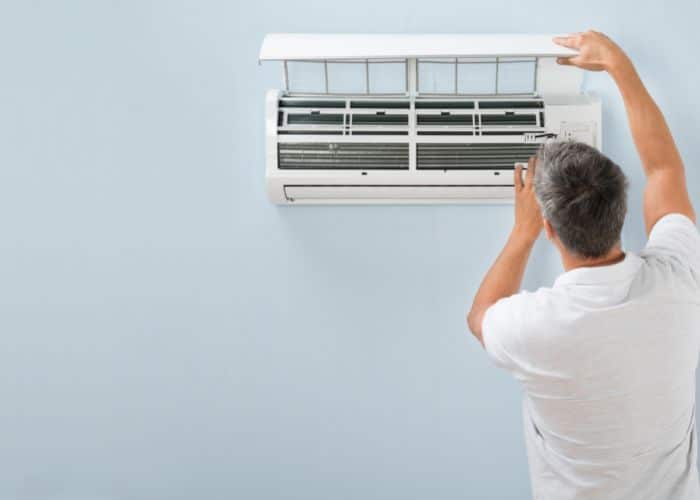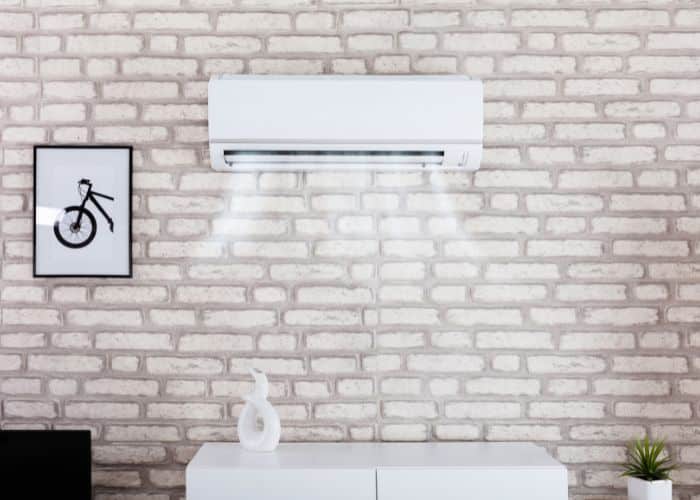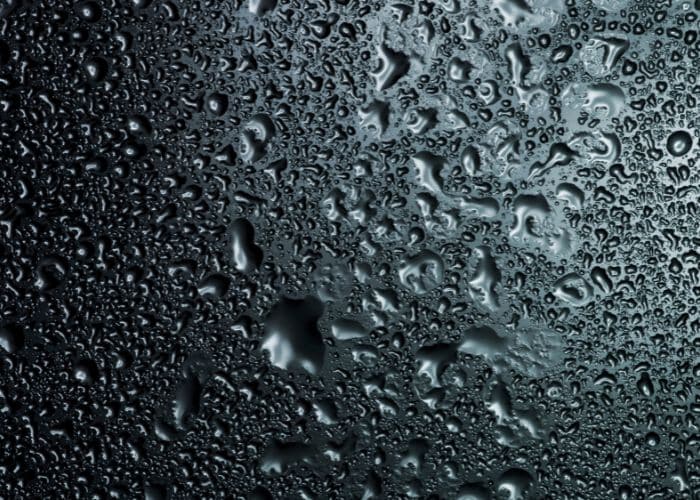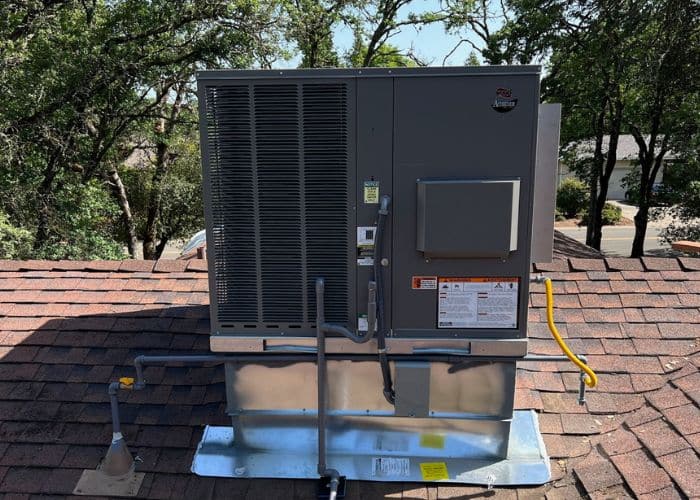Why Is My AC Blowing Out Warm Air?
Reasons Why Your AC Might Be Blowing Out Warm Air

Summer is the season of heat and you rely heavily on your air conditioner to keep you cool and comfortable. It can be frustrating to turn on your AC and feel warm air blowing instead of that refreshing cool breeze. But what is causing your AC to malfunction like this? In this blog post, we will examine the most common reasons why your AC is blowing out warm air so that you can troubleshoot the issue yourself or contact an HVAC expert in Sacramento, California.
Dirty Air Filters
The most common cause of warm air blowing from your AC is a dirty air filter. Over time, dust and dirt clog the filter, which restricts airflow to your AC unit, causing it to struggle and eventually shut down. When this happens, the air that comes out of your vents will be warm. To prevent this from happening, you should replace your air filter at least once a month, especially during the peak summer season in Sacramento, California.
Compressor Issues
Another reason that your air conditioner might be blowing out warm air is due to problems with the compressor. The compressor is the heart of your AC unit that pumps refrigerant throughout the system. If it becomes damaged or stops working, it can cause your AC to blow out warm air. These types of issues are best left to the professionals to handle, so if you suspect that your compressor is damaged, it’s important to contact an HVAC expert in Sacramento immediately.
Low Refrigerant Levels
Refrigerant is the chemical substance that cools the air in your AC. If your AC is blowing out warm air, it’s possible that your refrigerant levels are low. Low refrigerant levels could be due to a leak or a refrigerant charge that wasn’t properly installed. If you think that low refrigerant levels could be causing your AC to blow out warm air, contact an HVAC expert in Sacramento to come in and assess the issue.
Thermostat Issues
Your thermostat is the control center for your air conditioner. If your thermostat is malfunctioning or not working properly, it can cause warm air to blow out of your AC. Check to make sure that your thermostat is set to the right temperature and that it is working properly. If it’s not, you may need to have a professional inspect and diagnose the problem.
In summary, warm air coming from your AC is a common problem that could be caused by a variety of issues. Be sure to check your air filter, thermostat, and refrigerant levels. If you suspect that it’s a more serious issue, like a damaged compressor, it’s best to contact an HVAC expert in Sacramento to diagnose and repair the problem. At Love and Care Heating and Air, we’re here to help you keep your home comfortable all summer long. Contact us today to schedule an appointment



